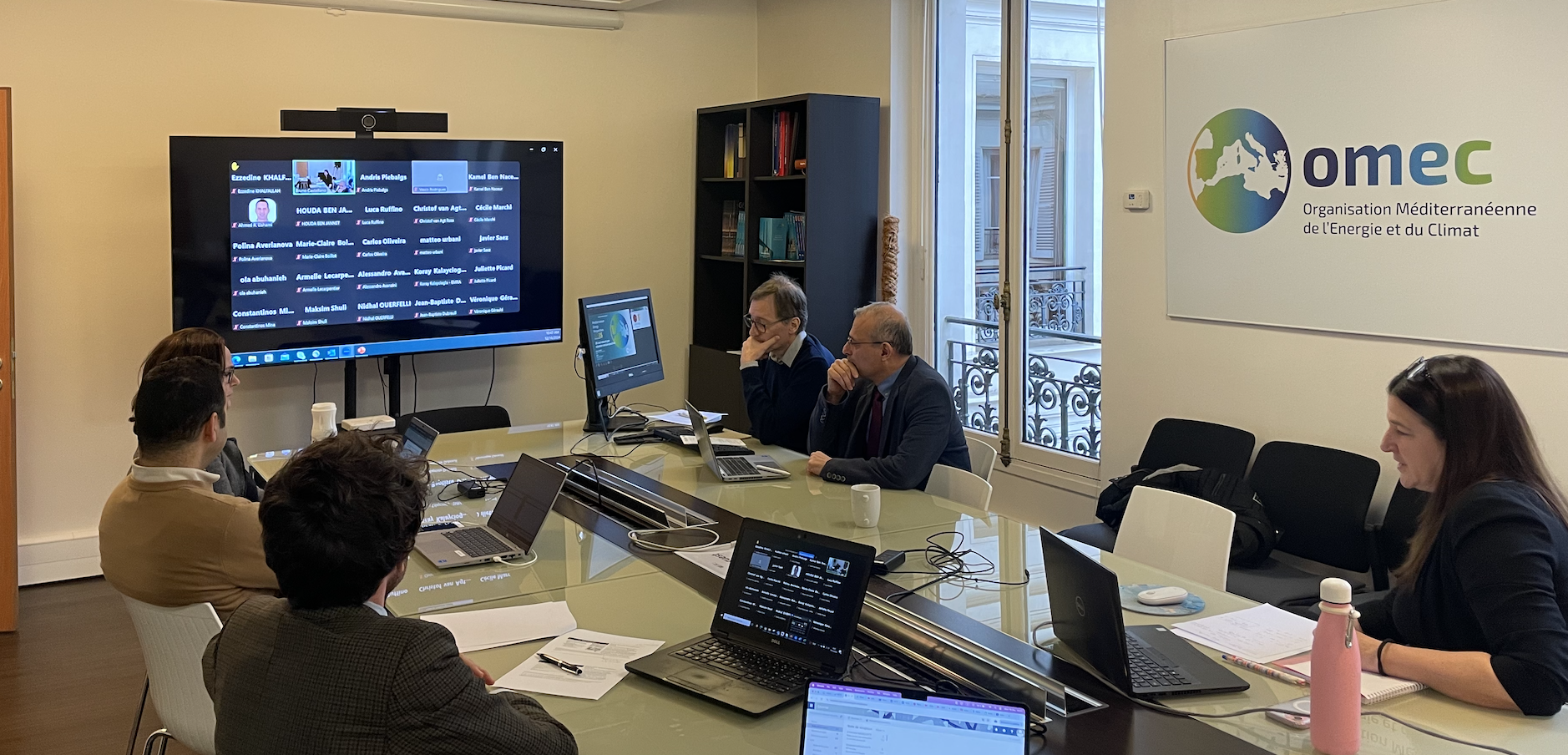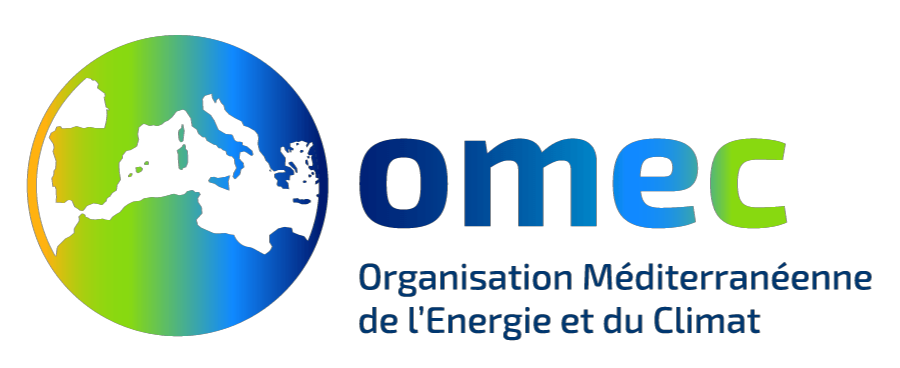
Mediterranean energy perspectives
On 16 December 2024, the OMEC, as Secretariat of the UfM working group on Gas, Emissions Abatement and Hydrogen and with the support of the European Commission, presented the preliminary results of the next OMEC Mediterranean Energy Perspectives to 2050. Organized in a capacity building session format, the online meeting aimed at providing an overview of the most important factors and uncertainties likely to affect the Mediterranean energy trends over the next two three decades under two scenarios (a reference scenario and a net-zero carbon emissions scenario), as well as exchanging with participants on those preliminary results and the path towards decarbonising the region.
A clear divide exists between the North and the South energy demand trends, reflecting in part differences in population growth. In the North, energy demand is already on a decreasing trend, driven by slower population growth and already rigorous energy efficiency policies in place. However, in the South, energy demand is on the rise, driven by a rapidly growing population. Decarbonization would lead to a significant shift away from traditional hydrocarbons (oil, natural gas and coal) towards renewables and non-fossil energy sources. But reaching current climate targets requires a much faster transition to renewables than current trends suggest. This will also require stringent energy efficiency policies and measures, including significant behavioural changes, and strengthened regional cooperation.
